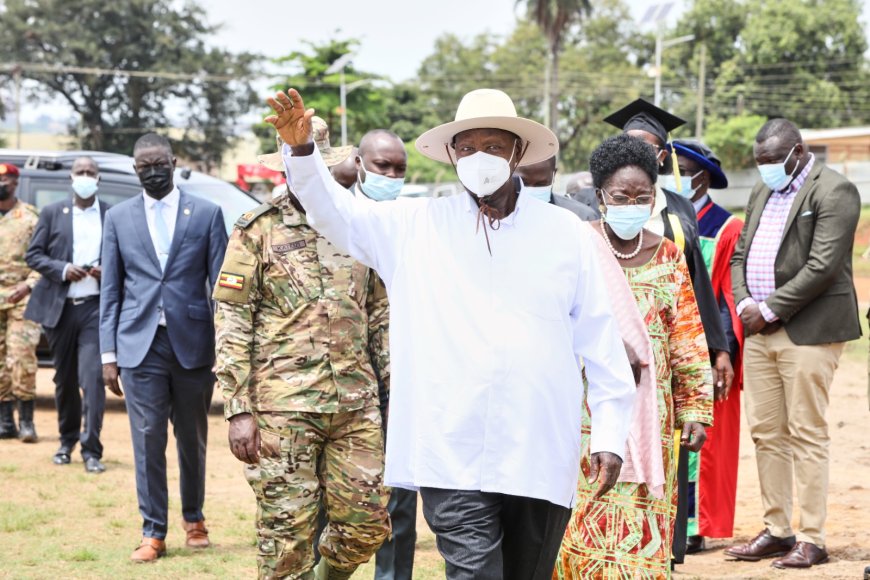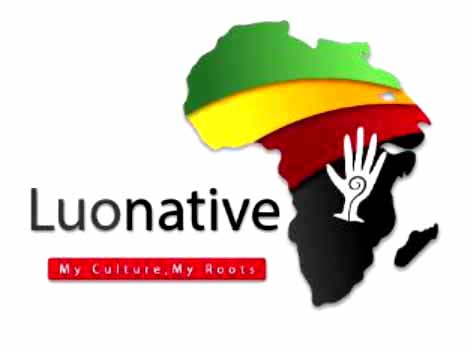Museveni Push for Teaching of Kiswahili to Ugandans

KAMPALA, UGANDA: President Yoweri Museveni has said that the government is committed to supporting the teaching of Kiswahili to the population as he officiated at the graduation of the 304 students who have been taking lessons at the NRM Secretariat for 12 months.
Mr Museveni said the language is essential for promoting trade both regionally and internationally. “We are going to push the program and you will be the teachers now. But you must perfect the vocabulary and the tenses,” President Museveni said as addressed the first intake of the Kiswahili cadres at Kyambogo University grounds.
Unlike tribal languages which belong to one group of people, President Museveni said Kiswahili is a better language because it is largely welcomed by communities in the region.
“Having begun as a language for the business people to easy communication, it was adopted by other communities at the coast of East Africa and later spread into many communities across the East African region,” the Head of State said.
“In 1968, I didn't know even a single word in Kiswahili, but while at the University I went to Mozambique, I learnt some Swahili words there and am still using them up to date,” Museveni said as rallied more Ugandans to learn the language.
The Head of State contributed to the Kiswahili SACCO 100 Million.
The First Deputy Prime Minister and Minister of East African Community Affairs, Rt Hon. Rebecca Kadaga, appreciated President Museveni for supporting the Kiswahili program.
“When I went to parliament to report that the cabinet had decided that we start teaching Kiswahili in Uganda, there was a mistaken view that we were going to stop Ugandans from speaking their languages and take on Swahili. But today, this activity has described that these people are speaking their languages, English and Swahili, and they will soon learn French,” Rt. Hon. Kadaga said.
The NRM Secretary General, Rt.Hon. Richard Todwong said he mooted the idea of starting Kiswahili lessons at the secretariat after interacting with Kiswahili facilitators in the cabinet.
“The first students we had at the party secretariat were about 30. Most of these students are civil servants, or they are working. We later expanded to over 300 students who take lessons on Wednesday and Saturday. Todwong said noting that their remaining challenge is limited space to accommodate the big numbers.
As part of mobilisation, Todwong said the secretariat will continue to introduce more programmes to promote the NRM ideology and the welfare of the socio-economic transformation of the people.
“At the moment, we have introduced the digital library, where the public can click from their computers and get to the archives of the party and get into our resource information centre,” Todwong said adding, “Your Excellency sir, I request that you give us the soft copies of all the literature you have written so that we upload them into the digital library.
He also requested the government to come in and support the party so that the Kiswahili programme is rolled out all over the country. “There is a high demand for Kiswahili in the whole country,” Todwong said.
Mr Steven Bwire, the Kiswahili program’s coordinator at the NRM Secretariat assured the President that the program will continue until half of the population is familiar with the language.



 Olot Jimmy Krapf
Olot Jimmy Krapf 







